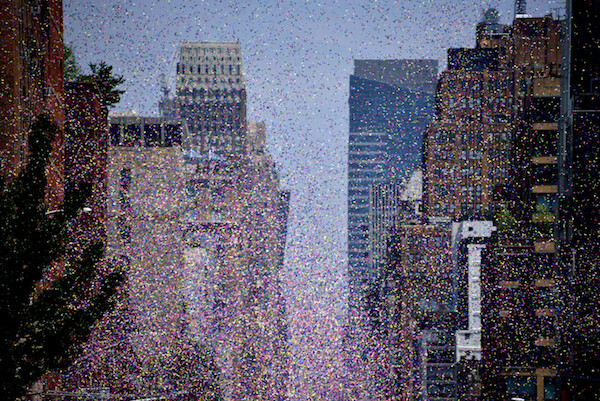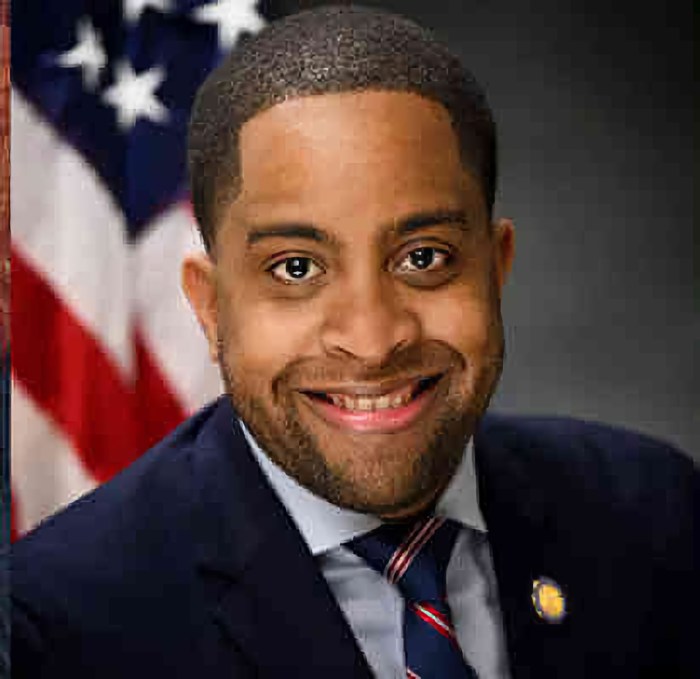OTTAWA – The federal government has quietly dropped the idea of forcing veiled women to show their faces if they want to vote in Canadian elections.
The loss of interest comes just as the issue of face coverings is heating up overseas, with President Nicolas Sarkozy declaring that the Islamic burka is “not welcome” in France.
Steven Fletcher, Canada’s minister of state for democratic reform, confirmed Thursday that the government has no plan to proceed with legislation requiring voters to uncover their faces.
“We have other priorities as far as increasing voter participation and with the expanded voting opportunities legislation,” he said in an interview.
“And that is our focus. That obviously will effect a lot more people.”
A spokesman for Prime Minister Stephen Harper maintained the minority government still supports the idea of forcing voters to reveal their faces.
But Dimitri Soudas said it would be pointless to proceed with legislation since all three opposition parties have signalled they wouldn’t support it.
“I’m telling you that we haven’t dropped that idea,” said Soudas. “The bottom line is even if we were to proceed with legislation, it would be voted down immediately.”
The issue came to a boil in Canada in 2007, during three hotly contested federal byelections in Quebec where debate was already raging over how far the province should go to accommodate cultural differences.
Harper blasted Elections Canada after the independent electoral watchdog refused to require veiled byelection voters to show their faces at polling stations.
Harper accused the agency of subverting the will of Parliament, which several months earlier had unanimously adopted legislation beefing up voter identification requirements.
“I profoundly disagree with the decision,” Harper said at the time.
“The role of Elections Canada is not to make its own laws, it’s to put into place the laws that Parliament has passed.”
Opposition Liberals, New Democrats and Bloc Quebecois joined the chorus of condemnation.
Stephane Dion, then Liberal leader, urged Elections Canada to “revisit their decision.”
“It’s important to identify the person. It may be done in a very respectful way but it must be done.”
However, opposition ardour cooled once the byelections were over and the issue was examined more closely.
Chief electoral officer Marc Mayrand noted that the recently adopted changes to the Canada Elections Act did not, in fact, authorize the agency to compel visual identification of voters.
Moreover, it was pointed out that thousands of Canadians have no photo ID. Requiring them to show their faces would be meaningless without photo identification against which to verify their identities.
By the time the government introduced a law to compel visual identification, Liberal and NDP support had pretty much dried up. The bill died when last fall’s election was called.
Lack of opposition support has not stopped Fletcher from systematically reintroducing a host of other democratic reform measures that were interrupted by the election, including Senate reform legislation and a bill to increase the number of advance polls and expand voting hours.
He suggested Thursday that the problem of visual identification of voters – if there ever was one – seems to have resolved itself.
“We have had a federal election and several provincial elections since that time and it hasn’t really been on the radar screen. Really, I can’t even recall any issues coming up either federally or provincially in that regard.”
Still, he said the government may reconsider once it receives a report from Mayrand this fall in which the chief electoral officer will recommend improvements to the electoral system.
Elections Canada spokesman John Enright said it’s premature to say whether Mayrand will address the visual identification of voters.
But it seems doubtful Mayrand would recommend fixing a problem that Elections Canada maintains doesn’t exist.
“The important thing to remember is that there were really no issues raised in the last general election in that regard. Zero. Zilch. Nothing across the board,” said Enright.
“There were no reported incidents of electors attempting to vote with their face covered at the last election. There was nothing, not even a blip.”
Just prior to last October’s election, Mayrand reminded returning officers that they have long had the power to ask voters whose faces are obscured to remove their face coverings and, if the voters refuse, to insist they swear an oath that they are eligible to vote.
Indeed, anyone whose identity is in doubt, whether or not their face is covered, can be asked to swear an oath.
“The process has always been in place,” said Enright, calling the veiled voter issue “a storm in a tea cup.”
Canada’s collective shrug on the issue is in stark contrast to the situation in France, where Sarkozy this week endorsed the idea of an inquiry into whether Muslim women who cover themselves head to toe with burkas or niqabs are undermining French secularism and women’s rights.
Sarkozy told a special session of parliament that the burka is “a sign of subservience” that cuts women off from society and deprives them of their identity.
“It will not be welcome on the territory of the French republic,” he declared.
















